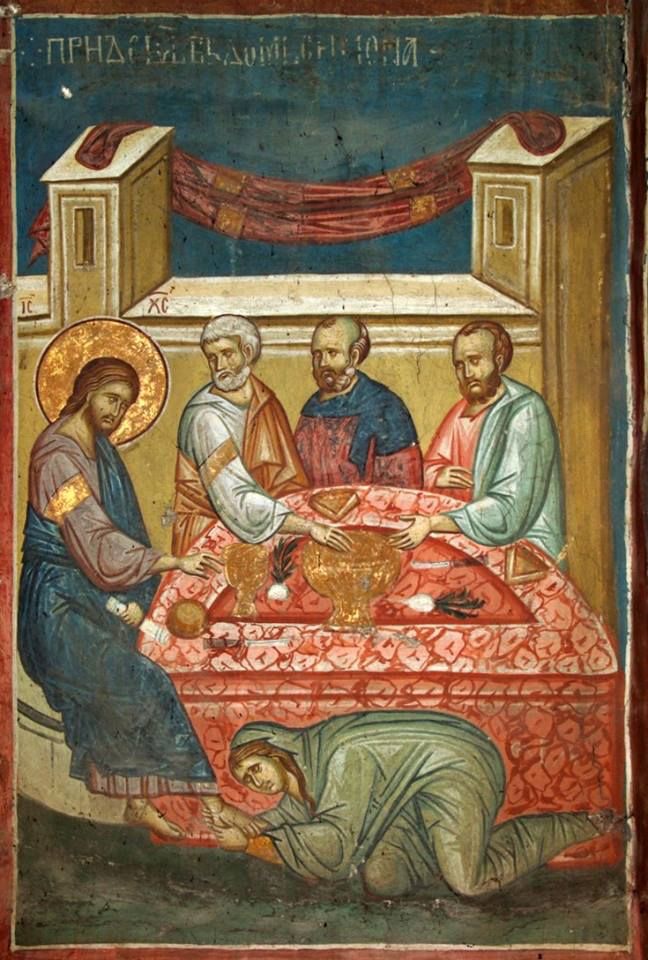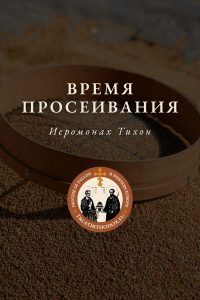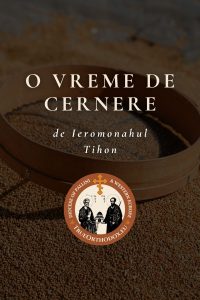Today’s Readings [Phil. 4:10-23; Luke 7:36-50] Commentary by St. Theophan the Recluse

St. Theophan the Recluse
[Phil. 4:10-23; Luke 7:36-50] How could it be that although Simon the Pharisee reveres the Lord and invites Him over, he is scandalized when he sees that He shows favour toward a sinful woman and permits her to approach Him? Why does he think to himself, “If He were a prophet,” and so forth? Because he had busied himself with the entertaining, and therefore ignored a sensible understanding of how God does things. These two realms, worldly and spiritual, are completely completely different characteristics and laws. Our mind all the while judges its own preoccupations according to the laws of those preoccupations. According to worldly thinking, one must not have contact with an obviously sinful woman. Simon judges thus, forgetting that repentance makes everyone pure and puts sinners on one level with the righteous. He thinks that the sinful woman should not be there, and that if the Saviour does not chase her away, it is probably because He does not know who she is. Another thought immediately follows this one: If He does not know that she is sinful, then what kind of prophet is He? He did not say this in words, but only thought it, although there was no change in his appearance outwardly. But the Lord saw his heart and corrected him accordingly. He suggested to him that sinners also have a place beside Him, and that the sinful woman who united with Him in her heart, revered Him more than did Simon, who honoured Him with nothing but food. Externals lead a person to a feeling of self-righteousness unpleasant to the Lord, while inner things always preserve a feeling of unworthiness before the face of the omniscient Lord.
🇷🇺 Святитель Феофан Затворник
(Лк. 7, 36-50). Отчего так случилось, что Симон фарисей чтит Господа и приглашает Его к себе, но тут же увидев, что Он благосклонно допускает к Себе и грешницу, соблазняется и начинает думать: “если бы Он был пророк”?. . Оттого, что захлопотался об угощении и за хлопотами оставил здравое рассуждение о порядках Божиих. Эти две области, житейская и духовная, совсем не схожи по своим свойствам и законам. Между тем, ум наш, чем очень займется, по законам того и судить начинает. По житейским порядкам с явною грешницею нельзя иметь общение; Симон так и судит, забыв, что покаяние всех делает чистыми и грешников равняет с праведниками. Он думает, что грешнице не следует тут быть, и что Спаситель, если не отгоняет ее, то потому, верно, что не знает кто она; от этой мысли тотчас родилась и другая: если не знает, то какой же Он пророк? Словом-то он не сказал этого, а только подумал, и наружно ни в нем, ни в его хлопотах, как доброго хозяина, не произошло никакой перемены, но Господь видел его сердце и по сердцу его сделал ему вразумление. Он внушил ему, что грешникам-то и место около Него и что грешница, припавшая к Нему сердцем, больше почтила Его, чем он, почтивший Его только угощением. Внешнее вводит человека в неприятное Господу чувство праведности, а внутреннее всегда держит его в чувствах своего непотребства перед лицом всеведущего Господа.







